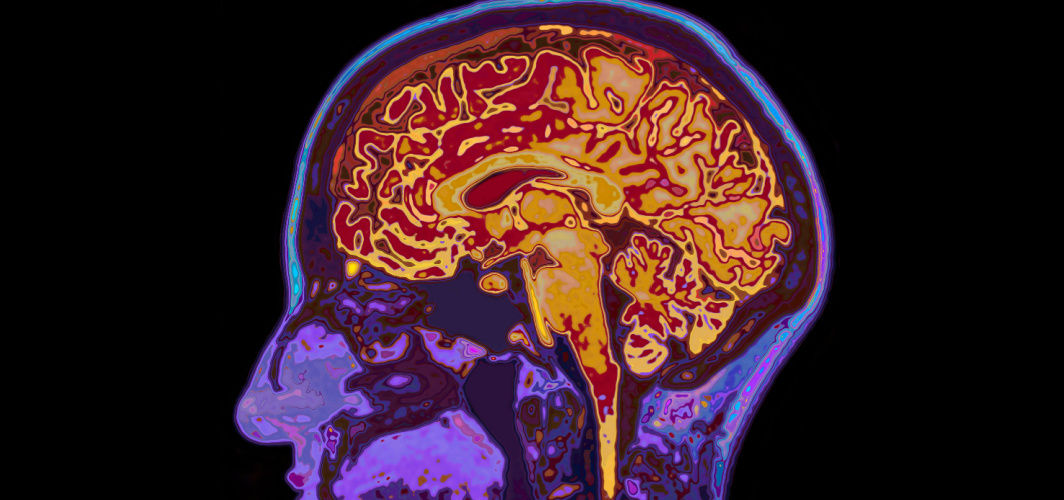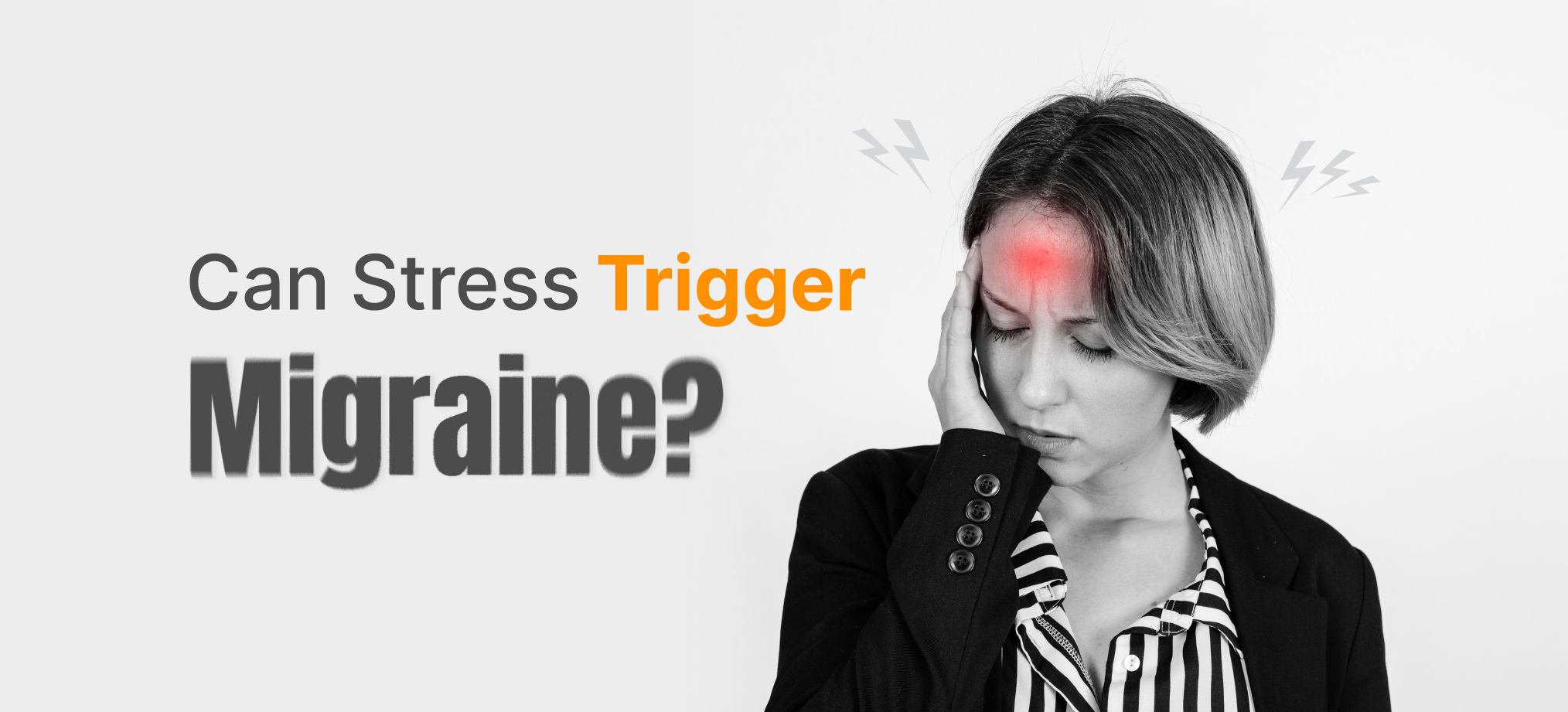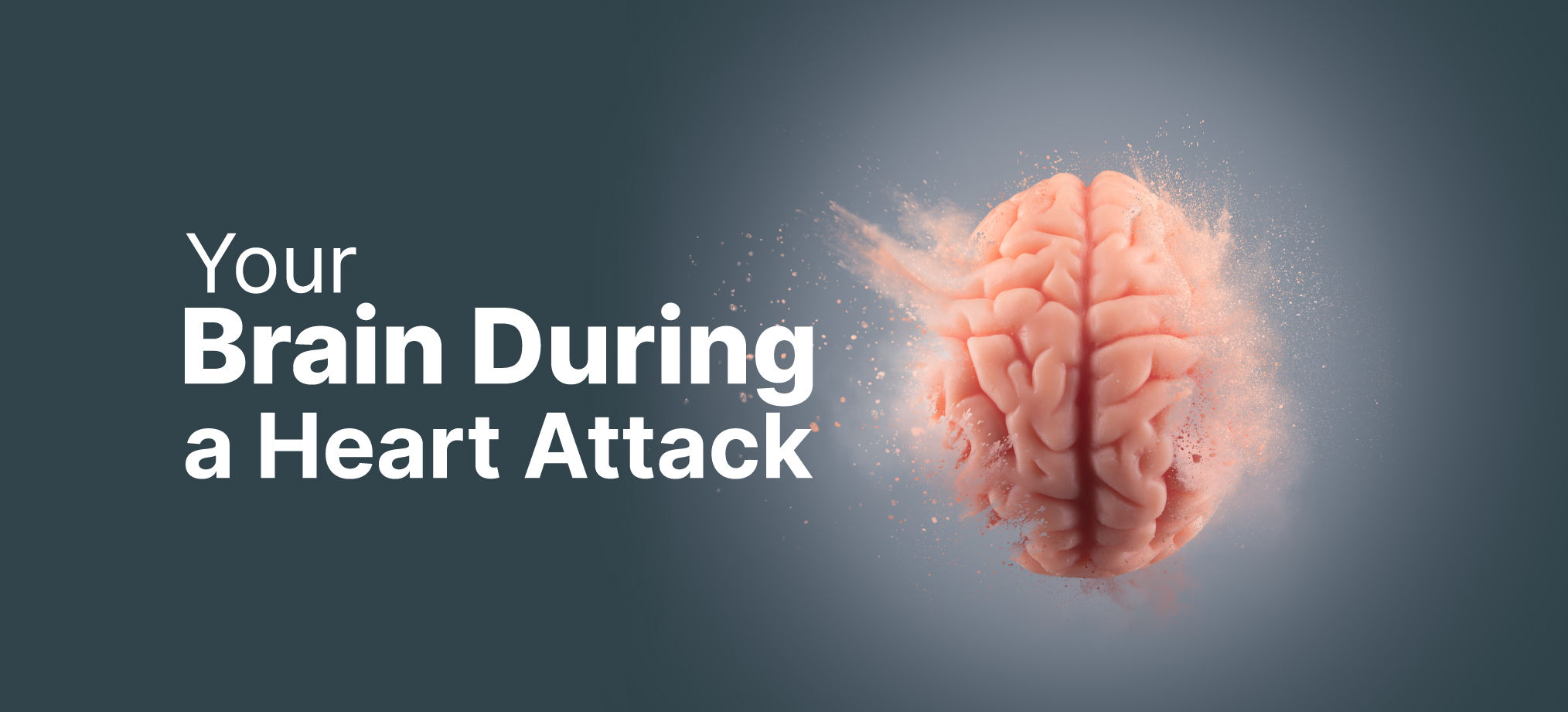Neurology
Acute Encephalitis Syndrome (AES): Causes, Symptoms, Treatment
6 min read
By Apollo 24|7, Published on - 22 August 2023, Updated on - 06 August 2024
Share this article
0
0 like

Acute Encephalitis Syndrome (AES) refers to a group of neurological disorders characterized by the inflammation of the brain. It primarily affects children and young adults, leading to high morbidity and mortality rates. It is crucial to identify the underlying cause of AES for appropriate treatment and management. Early diagnosis and prompt medical intervention can significantly improve patient outcomes. In this article, we will delve into the causes, symptoms, and treatment of Acute Encephalitis Syndrome.
Causes of Acute Encephalitis Syndrome
Some common causes of Acute Encephalitis Syndrome are:
1. Viral causes
Viral causes are the most common culprits behind AES. The following viruses are known to cause AES:
A. Japanese encephalitis virus (JEV)
JEV is transmitted through the bite of infected mosquitoes and is prevalent in rural areas. Vaccination against JEV is available and recommended in high-risk regions.
B. Herpes simplex virus (HSV)
HSV can cause encephalitis, leading to AES. It is usually acquired through direct contact with infected body fluids or lesions. Prompt antiviral treatment is crucial for managing HSV-related AES.
C. Enteroviruses
Various enteroviruses, including coxsackievirus and echovirus, can cause AES. These viruses are commonly spread through contact with contaminated surfaces or faecal-oral transmission.
2. Infections
A. Bacterial infections
- Streptococcus pneumonia and Haemophilus influenzae are common bacterial causes of AES in India.
- These bacteria can enter the brain through the bloodstream or by directly infecting the brain and its surrounding tissues.
- Vaccination against these bacteria is crucial in preventing AES.
B. Fungal infections
- Cryptococcus neoformans and Aspergillus species are known to cause fungal encephalitis.
- People with weakened immune systems, such as those with HIV/AIDS, are more susceptible to fungal infections.
- Early diagnosis and appropriate antifungal treatment are essential to improve outcomes.
C. Parasitic infections
- Japanese encephalitis virus (JEV) is the primary cause of AES in India.
- It is transmitted through the bite of infected mosquitoes, mainly Culex species.
- Vaccination against JEV is recommended, especially for individuals living in high-risk areas.
Symptoms of Acute Encephalitis Syndrome
The symptoms of AES can vary depending on the cause and the severity of the condition.
1. Early symptoms
- In the early stages of Acute Encephalitis Syndrome (AES), individuals may experience mild symptoms that can easily be mistaken for a common cold or fever.
- These symptoms include fever, headache, fatigue, body aches, and nausea.
- It is important to pay attention to these early signs as they can progress rapidly to more severe symptoms.
2. Neurological symptoms
As AES progresses, individuals may develop neurological symptoms.
- These symptoms include confusion, irritability, disorientation, and difficulty speaking or understanding others.
- Seizures and tremors may also occur.
- Young children may exhibit unusual behavior such as excessive crying or refusal to eat.
3. Severe symptoms requiring immediate medical attention
Some individuals with AES may develop severe symptoms that require immediate medical attention. These symptoms include:
- High-grade fever
- Unconsciousness
- Inability to breathe properly
- Weakness in the limbs
Diagnosis of Acute Encephalitis Syndrome
Diagnosing Acute Encephalitis Syndrome is crucial for timely treatment and preventing complications. There are several methods available to diagnose this disease:
1. Clinical evaluation and medical history
- The diagnosis of AES starts with a thorough clinical evaluation and medical history assessment.
- The healthcare provider will inquire about the patient's symptoms, such as high fever, headache, altered mental state, seizures, and behavioural changes.
- They will also ask about recent travel, exposure to mosquitoes, vaccination status, and any known cases of AES in the community.
2. Laboratory tests and imaging studies
To support the diagnosis of AES, several laboratory tests are performed.
- Blood tests can help identify infectious agents like viruses or bacteria.
- Cerebrospinal fluid (CSF) analysis is crucial in determining the presence of inflammation or infection in the brain.
- Imaging studies, such as magnetic resonance imaging (MRI) or computed tomography (CT) scans, can provide valuable information about brain abnormalities or swelling.
Treatment Options for Acute Encephalitis Syndrome
When it comes to the treatment of Acute Encephalitis Syndrome (AES), there are several options available based on the underlying cause of the condition.
1. Supportive care and symptom management
- Maintaining hydration through intravenous fluids
- Providing proper nutrition and electrolyte balance
- Managing seizures with anticonvulsant medications
- Controlling high body temperature with antipyretic drugs
- Monitoring vital signs and ensuring adequate oxygenation
2. Medications
- In cases where AES is caused by viruses such as Japanese encephalitis or herpes simplex virus, specific antiviral medications may be prescribed.
- If AES is caused by a fungal infection, antifungal medications may be prescribed.
- In situations where a bacterial infection is identified as the cause of AES, appropriate antibiotics are administered.
Prevention and Control Measures for Acute Encephalitis Syndrome
Here are some key steps you can take to protect yourself and your loved ones from acute encephalitis:
1. Vaccination against the Japanese encephalitis (JE) virus
The JE vaccine is considered the most effective way to prevent AES caused by the JE virus.
2. Mosquito control measures
Mosquitoes are the primary vectors for transmitting AES, so it's crucial to reduce their population.
- Use mosquito nets or screens on windows and doors to keep mosquitoes out.
- Remove stagnant water sources, as they serve as breeding grounds for mosquitoes.
- Wear long-sleeved clothing and use insect repellents, especially during peak mosquito activity times.
3. Hygiene practices and sanitation improvements
Ensuring good hygiene practices, such as regular hand washing, helps prevent the transmission of AES.
Managing Complications of Acute Encephalitis Syndrome
Management of complications and long-term effects of AES is crucial for ensuring the best possible outcomes for patients.
1. Rehabilitation therapy for neurological sequelae
- Physical therapy: Helps improve muscle strength, coordination, and mobility.
- Occupational therapy: Focuses on improving daily living skills, such as dressing, eating, and self-care.
- Speech therapy: Aims to improve communication skills and address swallowing difficulties.
2. Supportive care for cognitive and behavioural challenges
- Cognitive stimulation: Engaging activities to help improve memory, attention, and problem-solving skills.
- Behavioural therapy: Techniques to manage behavioural challenges, such as aggression or irritability.
- Counselling and support groups: Provide emotional support for patients and their families.
Acute Encephalitis Syndrome in Children and Infants
In children and infants, the symptoms of AES may be more difficult to recognize due to their limited ability to communicate their discomfort. Parents and caregivers should be vigilant for signs such as
- High fever
- Irritability
- Poor feeding
- Vomiting
- Seizures
- Changes in behaviour
Conclusion
Prompt medical attention is crucial as early intervention can lead to better outcomes. When it comes to treatment, children and infants with AES often require hospitalization for close monitoring. By staying informed about Acute Encephalitis Syndrome and taking appropriate preventive measures, we can help protect ourselves and our loved ones from this potentially life-threatening condition.
To know more about AES,
Consult Apollo's Expert Neurologist
FAQs
Q. Can AES be prevented?
Vaccination plays a significant role in preventing Japanese encephalitis, one of the leading causes of AES. Maintaining good personal hygiene, proper sanitation practices, and using mosquito repellents can also help reduce the risk of infection.
Q. How is AES treated?
Treatment can include intravenous fluids, antiviral medications, control of seizures with anticonvulsants, and other measures to manage complications.
Q. What are the possible complications of AES?
Paralysis, persistent fatigue, speech, and vision impairment are some of the possible complications of AES.
Q. What is the duration of AES?
The duration of AES varies from person to person and primarily depends on the severity of the illness.
Q. What are the risk factors of AES?
Weakened immune systems, age, and season are some risk factors associated with AES.
Neurology
Consult Top Neurologists
View AllLeave Comment
Recommended for you

Neurology
Relationships, Passion And Exercise! Can These Help Boost Brain Health?
Brain ageing affects your cognitive health. According to a study, three factors that can help boost your brain health are relations, passion, and motion. These factors activate neurons in your grey matter that otherwise would die if not used.

Neurology
All You Need To Know About Migraine
Migraine is a type of headache that can cause severe, nagging pain but with appropriate treatment, the symptoms can be managed effectively.

Neurology
What Happens To The Brain During a Heart Attack?
A heart attack happens when the flow of blood is severely reduced or blocked. Similarly, there is also a deficit of oxygen and blood in the brain during a heart attack.
Subscribe
Sign up for our free Health Library Daily Newsletter
Get doctor-approved health tips, news, and more.
Recommended for you

Neurology
Relationships, Passion And Exercise! Can These Help Boost Brain Health?
Brain ageing affects your cognitive health. According to a study, three factors that can help boost your brain health are relations, passion, and motion. These factors activate neurons in your grey matter that otherwise would die if not used.

Neurology
All You Need To Know About Migraine
Migraine is a type of headache that can cause severe, nagging pain but with appropriate treatment, the symptoms can be managed effectively.

Neurology
What Happens To The Brain During a Heart Attack?
A heart attack happens when the flow of blood is severely reduced or blocked. Similarly, there is also a deficit of oxygen and blood in the brain during a heart attack.



